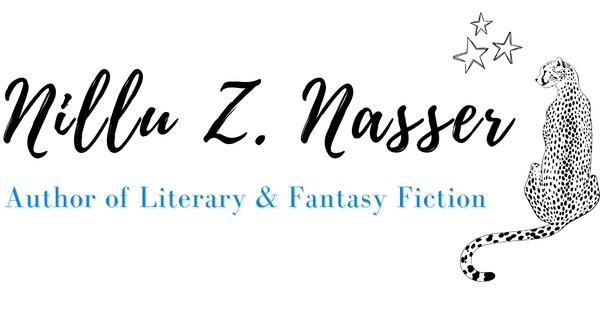 Photo by Lady Orlando
Photo by Lady Orlando
One midsummer’s day, after the seasons had become muddled, I walked in hail to our local park and found a woman huddled underneath an old oak tree. She didn’t have language, but when beckoned she followed me back to my home where I fed her hot soup and told her I would provide for her as long as she attended to my needs.
Over the days that followed, she grew in understanding if not words. Though her own body reeked due to a lack of self-care and her darting, frenzied pupils revealed an anchorless mind, my floors sparkled and my belly grew round from succulent delights prepared by her hand. The woman asked for little. She slept on the kitchen floor, and ate only what remained after I dined. She relieved herself in the garden as an animal might, burying her waste for shame.
When friends visited, they would say how lucky I was to have my woman, and how kind I’d been to open up my home to her. I never told them how the woman howled at night, and how I pretended not to hear. Even when my friends began looking in the park for their own women to bring home, I didn’t tell them how my woman sometimes listened at doors and I was afraid of her.
One afternoon I returned to an empty house. I looked in every nook and cranny for my woman, but she had gone. The depth of my anger shook me. I never considered what might have befallen her. I hadn’t locked the woman in, but hadn’t our bargain been good enough for her to stay? I felt cheated. She hadn’t even said goodbye.
The house was never the same. When she left, the ghost of her presence remained.
Years later, I thought I recognised her on a hot, cloudless day in the park. Her face had grown older, and her eyes were no longer vacant, but I knew it was her by the flutter of my pulse at my throat. She sang, and the sound captivated me. When she had learned to speak? How had she learned to soar? I wanted answers but when I pushed through the crowd, she turned her back.
She was my woman, once.
